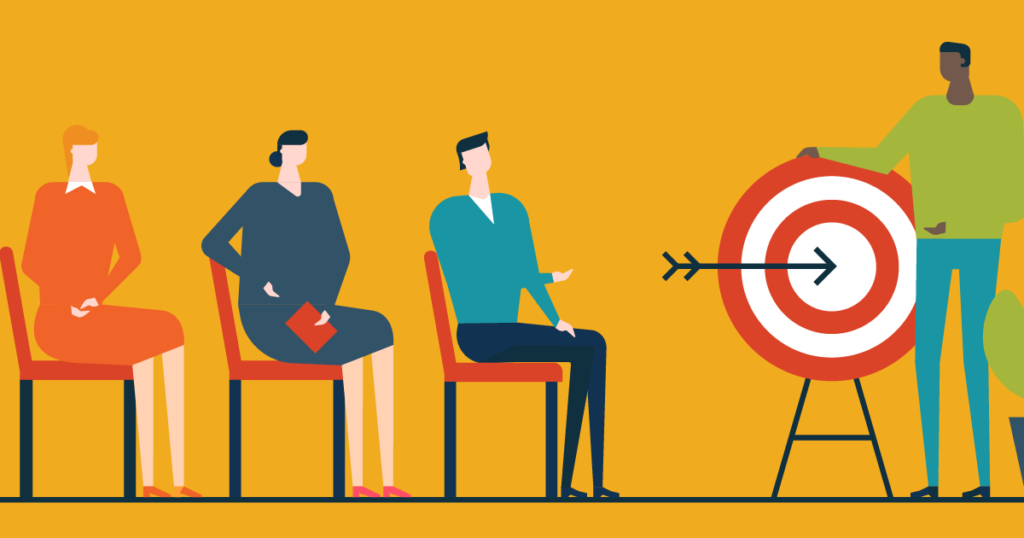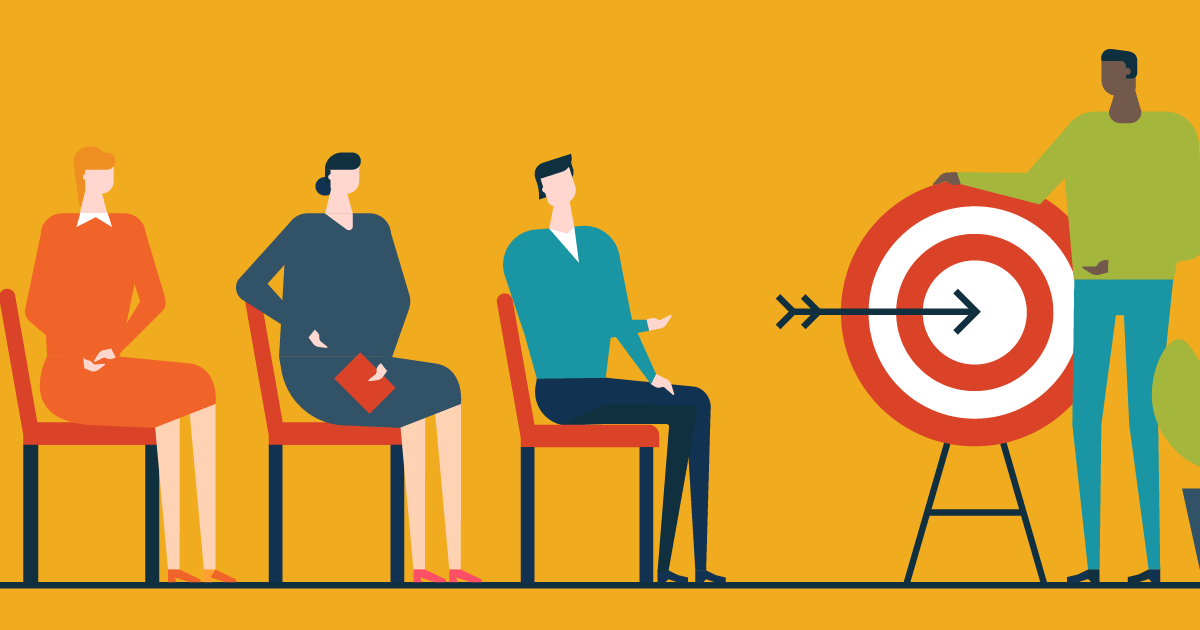Coaching is a specialized form of personal development where an experienced individual, known as a coach, assists a client or learner in reaching a specific goal by giving extensive coaching and support. The coach is known as a coach or mentor. It is usually used to help individuals achieve success in their own lives but is also used for a variety of other purposes such as career development, business coaching, sports coaching, and education coaching. A coach can help you to: Become more successful in your own business activity. Achieve more in your current job or profession.

Coaching also helps you to develop skills and knowledge that you may not have otherwise, giving you the right kind of guidance and support. The types of personal coaching offered to vary from one-to-one skills coaching, group coaching, and personalized coaching. One-to-one skills coaching allows you to work one-on-one with a coach or mentor and discuss one on one topics such as Problem solving, Self-confidence, Motivation, Development needs, Conflict resolution, Self-awareness, and others. Group coaching is usually conducted by people who know each other well and it may also include family members, friends, and colleagues.
One of the key benefits of working with a one-to-one coaching environment is that participants are accountable to each other and to the coach for achieving success. As participants take responsibility for their own development, they are able to make informed decisions. Moreover, this type of setting provides an opportunity to enhance interpersonal relationships. In group setting, individuals learn to work as a team towards common goals. Personal mentoring involves training students in leadership, problem solving, conflict resolution, and other essential personal development skills.
Self-belief and self-esteem are developed through coaching. John Whitemore refers to self-belief as the “invisible fuel” that drives all of our efforts. When we do not believe that we can do something, we are not going to put in the effort to do it. On the other hand, when we believe that we can do it and we actually do it, we enjoy the process and derive positive benefits from it. This is what coaching teaches participants through the interpersonal and group dynamics.
Through these processes, coaches help clients to create new ways of seeing themselves and their lives. Coaches encourage their clients to examine their thoughts and beliefs, and to challenge them. This helps clients to identify those areas where they need to improve, and to take action towards changing them. These improvements range from improving self-image and confidence to developing organisational skills and leadership. For some clients, coaching helps them to improve their relationships with colleagues, family members, and clients.
There are many similarities between the work of psychologists and sports professionals, and this is what draws many psychologists into the business of coaching. Both professions use a structured and systematic approach to problem solving. They also both employ a range of techniques and theories to assist their clients. The difference between the two, of course, lies in the particular role that the adviser plays. As a professional counsellor, a psychologist often works on his or her own and is not engaged in a face-to-face coaching session.
A major benefit of coaching from a psychology perspective is the opportunity to develop leadership skills and the ability to shape personal and professional growth. A coach can assist a client to develop a set of core values, learn how to develop personal and team skills, and improve interpersonal relationships. A coach can also mentor his or her clients on how to increase their self-awareness and self-direction, as well as their organizational and organisational skills.
Coaching is an extremely effective and beneficial profession for all types of counsellors, regardless of qualification, experience, or expertise. The difference between a counsellor who mentors and a counsellor who directs clients in a one-on-one or group coaching setting is the specific function that the mentor plays. A mentor is responsible for developing personal and group awareness, helping the client to make important life decisions, and instructing them on effective communication strategies. On the other hand, a direct counsellor provides guidance and information but does not instruct.

